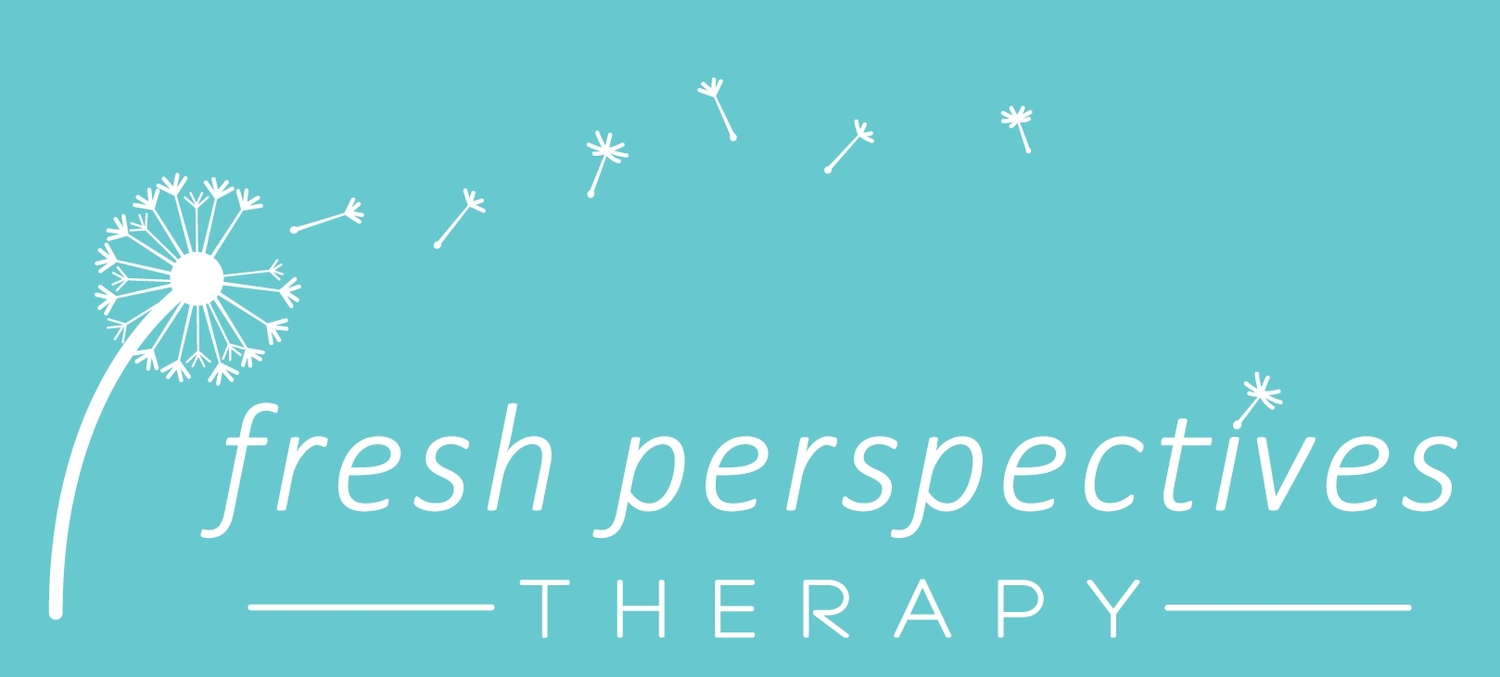As humans we like routine and familiarity. That kind of stability serves as a comforting home base for us to come back to, rest, and feel rejuvenated for more adventures. Comfort zones aren’t inherently bad, but they become so when comfort keeps us from living in alignment with our personal values or what’s important to us in life. Instead of being a cozy, restful home base, our comfort zone becomes a prison, a space where experiential avoidance runs rampant.
ACT Explained
ACT’s development began in the late 1980s by Drs. Steven C. Hayes, Kelly G. Wilson, and Kirk Strosahl. It is based in functional contextualism and relational frame theory. These are big concepts labeled with confusing, technical words that can scare people away. The truth is, when you look behind all of the jargon, the message is quite simple and something that many of us already practice at least to some extent in our daily lives! I’m going to do my best to break down the essential concepts of ACT here.
Recognizing Emotionally Abusive Relationships
When there are physical signs like bruises or broken bones, it is fairly clear you’re dealing with abuse, though that doesn’t make it easier to extricate yourself or your loved one from it. But what happens when abuse is subtle and doesn’t leave physical wounds? It’s more difficult to talk about, let alone name. How can you tell if you or someone else is really in an emotionally abusive relationship?
